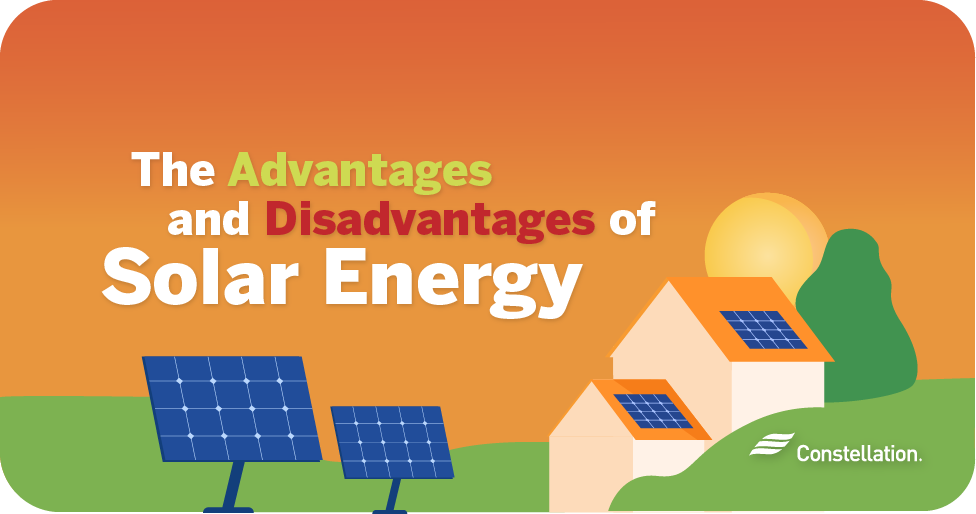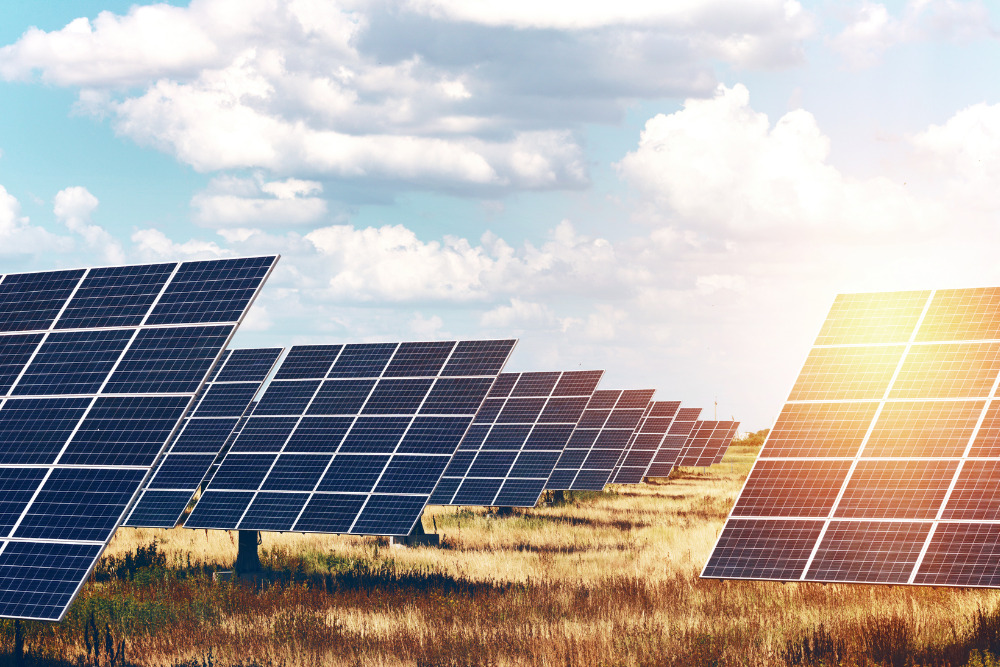Solar Power 101: A Newbie's Guide to Sustainable Energy Solutions
As the globe significantly shifts towards lasting power services, comprehending the principles of solar energy comes to be crucial for both individuals and companies. This overview gives an extensive summary of solar power, describing the various systems offered and the mechanisms behind their procedure. By checking out the benefits of solar technology, alongside the financial motivations and installation procedures, one can obtain a clearer perspective on just how to successfully incorporate this renewable source right into their power strategy. The trip toward adopting solar energy welcomes additional assessment of the difficulties and considerations that come with it.
Understanding Solar Power
At its core, comprehending solar energy involves grasping the fundamental principles of how sunshine can be transformed right into usable power. Solar power is obtained from the sunlight's radiation, which can be taken advantage of with different technologies.

Recognizing solar power also includes recognizing its ecological benefits. By utilizing sunlight, we can minimize greenhouse gas exhausts and lower air pollution, adding to a more sustainable future. The developments in innovation and effectiveness of solar systems remain to boost their practicality, making solar power an increasingly eye-catching option for international energy requirements.
Kinds of Solar Power Systems
Different kinds of solar energy systems are frequently used to harness solar power for power generation. The main categories consist of photovoltaic or pv (PV) systems, focusing solar power (CSP) systems, and solar thermal systems.
Photovoltaic or pv systems use solar panels made up of silicon cells that transform sunlight straight right into electricity. These systems are flexible and can be set up on rooftops, ground installs, or integrated into structure products.
Concentrating Solar Power systems, on the other hand, utilize mirrors or lenses to concentrate sunlight onto a tiny location, creating warm that drives a heavy steam generator to generate power - Simply Solar Illinois. CSP systems are normally deployed in large-scale nuclear power plant and need direct sunlight, making them less appropriate for over cast regions

Each kind of solar energy system has its special qualities, applications, and viability depending upon geographic location, power demands, and spending plan, making it important to review alternatives based on particular circumstances. - Simply Solar Illinois

Advantages of Solar Power
Taking advantage of solar power with different systems not only supplies a sustainable way to produce power yet also supplies a plethora of benefits. Among the most significant advantages is the decrease in greenhouse gas discharges, adding to a cleaner setting and combating climate change. Solar power is eco-friendly, implying it is inexhaustible and readily available as long as the sun radiates, unlike nonrenewable fuel sources, which are limited and diminishing.
In addition, solar power can result in considerable expense financial savings in time. Property owners and organizations can reduce their electrical energy costs considerably, and in most cases, they may make credit ratings for excess energy created through web metering. Furthermore, the solar sector develops work, from producing to setup, promoting neighborhood economic climates.
An additional engaging advantage is power freedom. By creating their own electrical power, individuals and neighborhoods can Find Out More reduce reliance on outside power resources, enhancing resilience versus changing energy rates and supply disturbances. Solar energy systems call for minimal maintenance, making them a practical option for lasting power generation.
Setup Refine Summary
The installment procedure for solar power systems typically includes several essential steps that make sure reliable combination into a residential or commercial property. An extensive site assessment is carried out to evaluate the roof's alignment, shading, and architectural honesty, which are critical to maximizing solar panel efficiency. Following this analysis, the design phase starts, where a tailored solar power system is set up based on the home owner's power requirements and preferences.
Once the layout is completed, the essential licenses and authorizations are gotten from regional authorities, ensuring compliance with laws. The actual installment entails installing the solar panels on the roofing or ground, linking them to an inverter, and incorporating the system with the residential property's electrical arrangement. This phase might also include mounting battery storage systems, depending on the design.
After setup, a complete evaluation is carried out to validate the system's functionality and security. The system is commissioned, and house owners are educated on its operation and upkeep. With the installation full, the solar power system can begin creating sustainable energy, adding to sustainability and decreasing energy expenses. This organized technique guarantees that planetary systems are both effective and reliable, optimizing their long-term benefits.
Financial Motivations and Cost Savings
Checking out the monetary incentives and cost savings associated with solar energy systems can substantially boost the appeal of making the switch to renewable resource. Numerous incentives exist at government, state, and neighborhood levels, created to lower the initial costs related to solar installation. Among one of the most significant rewards is the government solar tax credit score, which enables homeowners to subtract a percentage official source of their planetary system setup prices from their government taxes. As of 2023, this credit rating stands at 30%, supplying significant cost savings.
In addition to tax obligation credit histories, numerous states provide refunds that can even more reduce in advance expenditures. Some energy business additionally give performance-based rewards, rewarding solar energy production in time. Funding alternatives, such as solar lendings and leases, permit consumers to set up systems with little to no down settlement, making solar power extra easily accessible.

Additionally, solar systems can increase home values, supplying a solid return on investment. In general, the combination of rewards and cost savings makes solar energy an economically appealing option for lots of families.
Verdict
In verdict, solar energy stands for an essential part of lasting energy options, supplying a path towards lowered carbon impacts and enhanced environmental security. The diverse kinds of solar power systems, coupled with substantial economic rewards, assist in wider adoption amongst people and neighborhoods. Comprehending the installation read processes and benefits connected with solar power empowers stakeholders to make informed choices. Ultimately, the change to solar power not only fosters ecological responsibility yet likewise promotes economic financial savings and power self-reliance.